Gallery
Photos from events, contest for the best costume, videos from master classes.




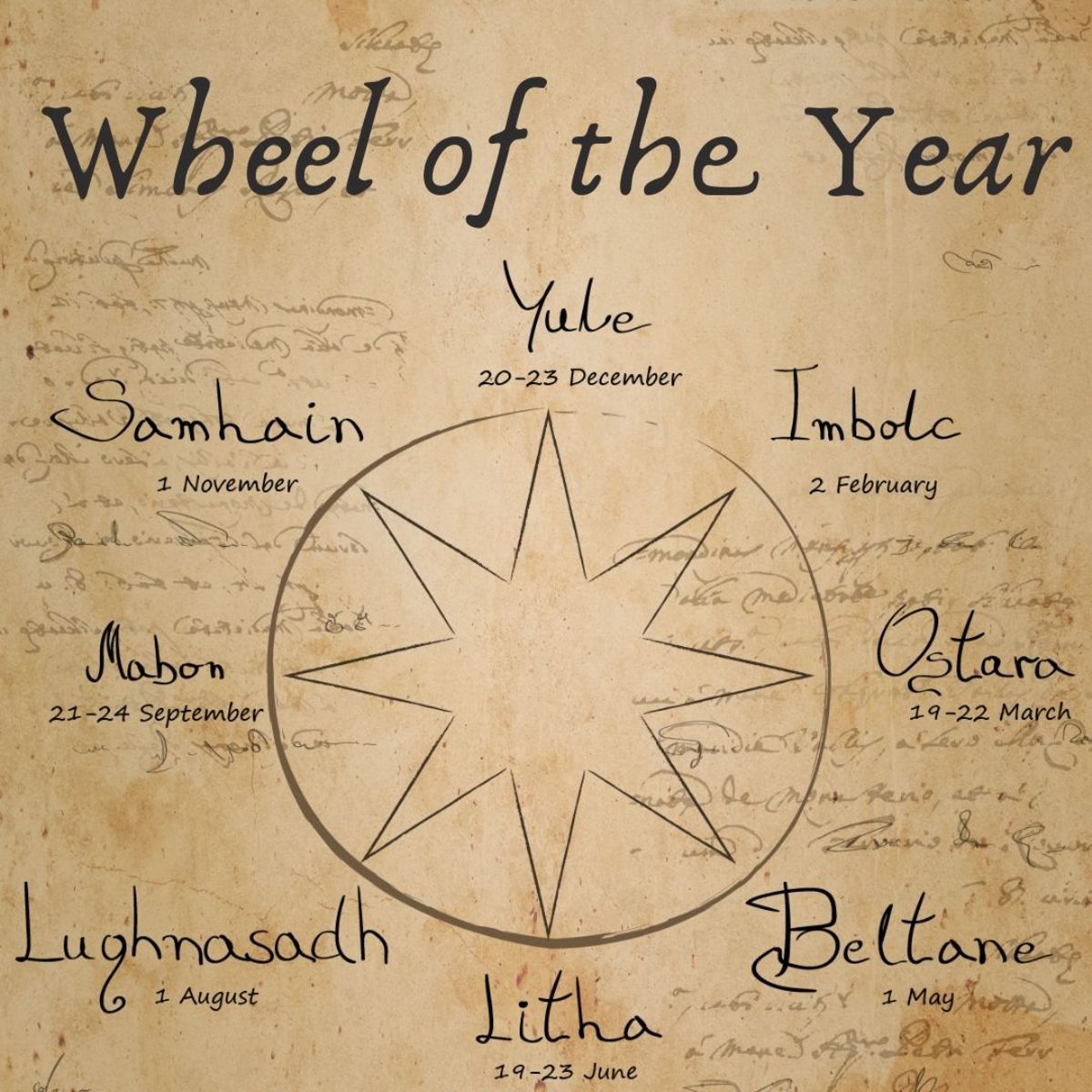

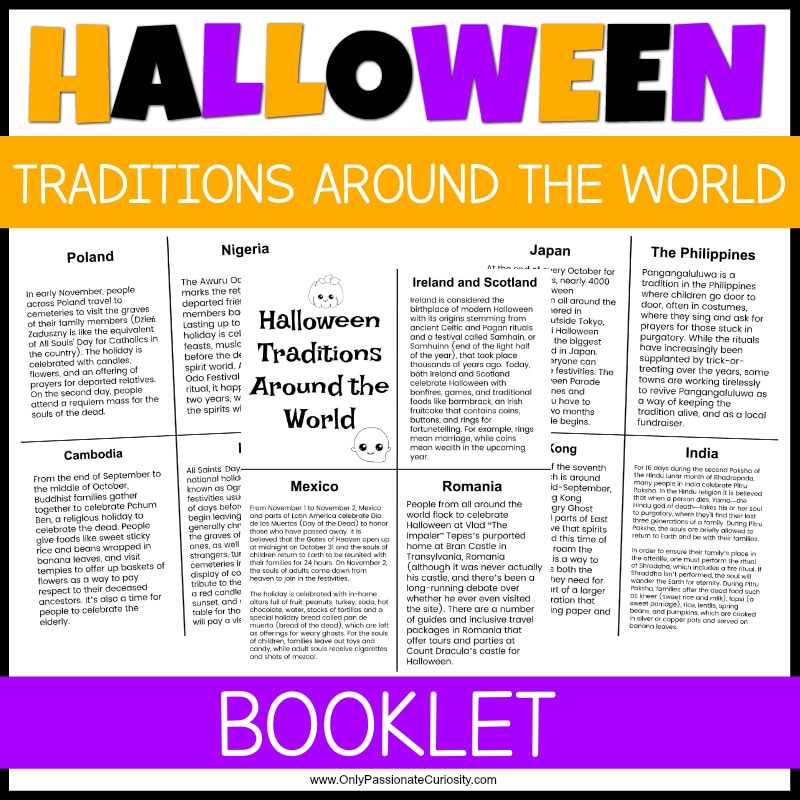
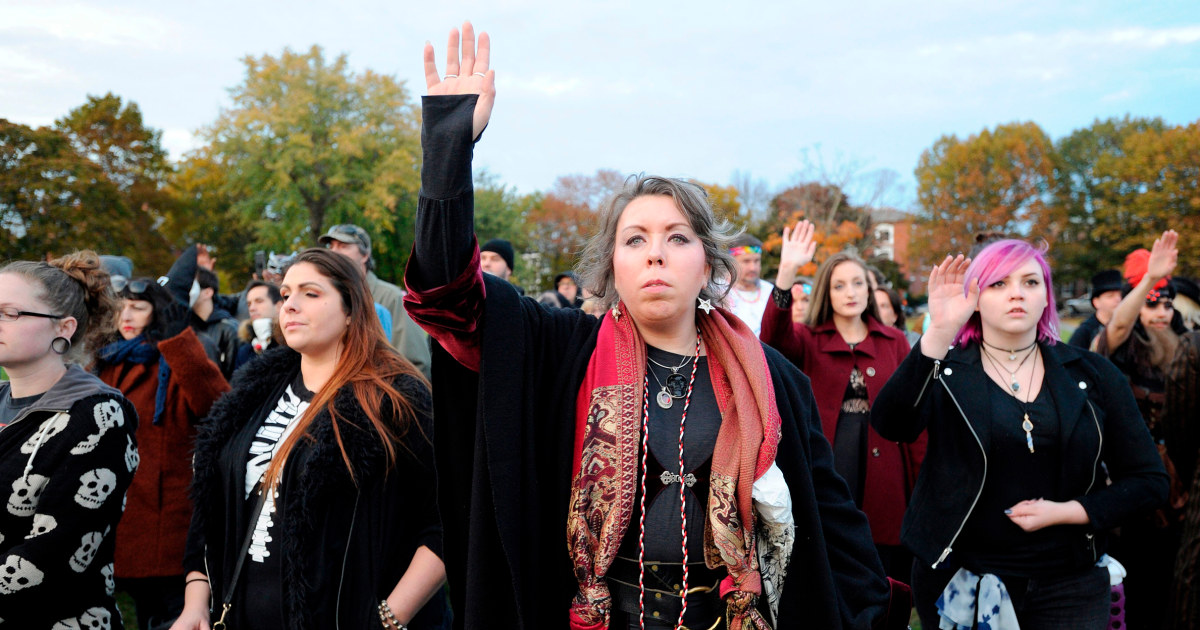

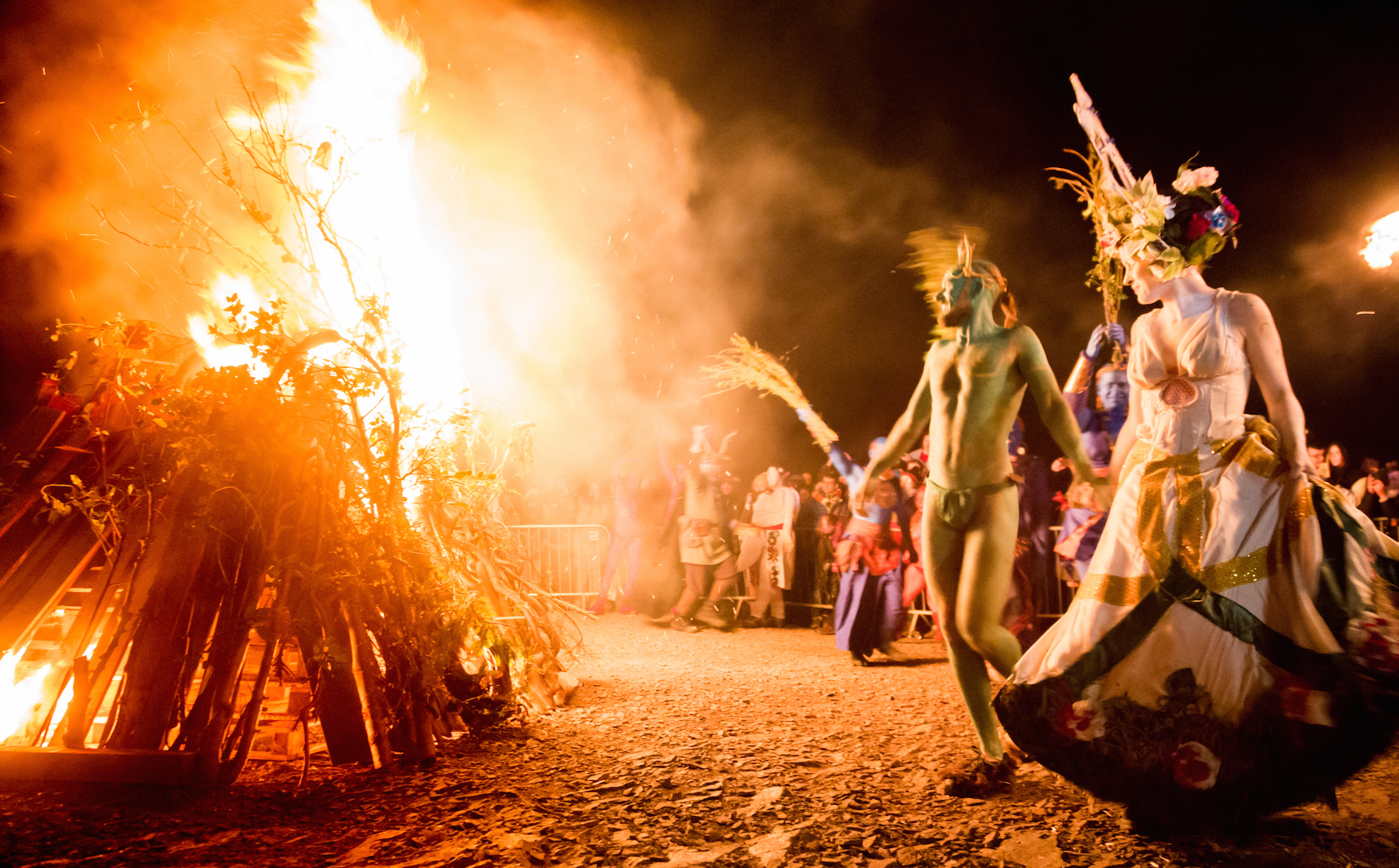
Samhain is a pagan religious festival originating from an ancient Celtic spiritual tradition. In modern times, Samhain (a Gaelic word pronounced “sow‑win”) is usually celebrated from October It was May 13 in the year 609 that Pope Boniface IV declared a celebration called All Saints’ Day, also called All-hallows or All-hallowmas in Middle English; the day before it was thus known as The story of Halloween begins over 2,000 years ago with the ancient Celtic people, who lived in what is now Ireland, the United Kingdom, and northern France. The Celts followed a pagan religious system led by a class of priests known as the Druids. Their calendar revolved around the agricultural cycles and seasonal changes, with Samhain being According to Irish mythology, Samhain (like Bealtaine) was a time when the 'doorways' to the Otherworld opened, allowing supernatural beings and the souls of the dead to come into our world; while Bealtaine was a summer festival for the living, Samhain "was essentially a festival for the dead". [33] Halloween is a holiday celebrated each year on October 31, and Halloween 2024 will occur on Thursday, October 31. The tradition originated with the ancient Celtic festival of Samhain, when people From pagan rituals to costumes and candy corn, discover how Halloween—and its associated traditions—has evolved through the ages. By: History.com Editors Updated: September 12, 2023 | Original Hallowe’en, a shortened form of "All Hallows' Evening" is an echo of Celtic harvest festivals of pre-Christian Europe. Observed now in several countries around the world, it is the evening before ‘All Hallows Day’, when saints (hallows) and martyrs are remembered by people of many Christian denominations. This ritual, however, coincides Carving pumpkins, trick-or-treating, and wearing scary costumes are some of the time-honored traditions of Halloween. Yet, the Halloween holiday has its roots in the ancient Celtic festival of Samhain (a Gaelic word pronounced "SAH-win"), a pagan religious celebration to welcome the harvest at the end of summer, when people would light bonfires and wear costumes to ward off ghosts. The History of the Pagan Samhain Sabbat. Most folks know Samhain as Halloween, but for many modern Pagans, Samhain is considered a Sabbat to honor the ancestors who came before us, marking the dark time of the year. It's an excellent time to contact the spirit world with a seance because it's the time when the veil between this world and the Read on to learn more about what Halloween means to Wiccans, the origins of Halloween, and how Wiccans celebrate Samhain. Do Wiccans Celebrate Halloween? Many Wiccans do celebrate the modern Halloween of costumes and candy, but others prefer to celebrate Samhain. Samhain (pronounced “sah-win”) begins on the evening of October 31 and ends on What is the true Halloween origin? Still, while Halloween’s origins are Christian, as with many religious occasions, traditions over the years have commingled, and today’s Halloween seems to celebrate not only the departed saints — and souls — but also other customs, from the medieval to the secular. Samhain’s sacrifices morphed into Halloween’s handing out a different kind of offering: candy. Nevertheless, Halloween contains roots in a pagan celebration of death and rebirth. So, should Christians really celebrate Halloween? Christians and Halloween. For many Christian communities, there are three main responses to Halloween. Practitioners state to celebrate Samhain over several days and nights, and these extended observances usually include a series of solo rites as well as ceremonies, feasts, and gatherings with family, friends, and the spiritual community. In the northern hemisphere, many Pagans celebrate Samhain from sundown on October 31 through November 1. Many historians trace the origin of Halloween to the ancient Celtic festival of Samhain, celebrated over 2,000 years ago. Samhain was a pagan festival that marked the end of the harvest and the beginning of winter, which the Celts believed was a time when the veil between the living and the dead was at its thinnest. Halloween’s origins are a fascinating mix of pagan rituals, Christian influences, and folk traditions that have evolved over centuries. From the Celtic festival of Samhain , with its focus on the supernatural and the dead, to the modern-day celebrations of costumes, trick-or-treating, and jack-o’-lanterns, Halloween has always been a Pagan Halloween, AKA Samhain, provided the basis for almost everything we currently do during the Halloween season. In fact, if it wasn't for Irish immigrants bringing Pagan Halloween traditions to the U.S., you probably wouldn't have ever gotten to go trick-or-treating. There are many Conventionally, we host costume parties, watch scary movies, carve pumpkins and light bonfires to celebrate the occasion, while the younger generations are off trick-or-treating down the road. Just like any holiday we tend to celebrate, we can trace the origin of Halloween far back in time. Many Jews observe Yizkor communally four times a year, which is vaguely similar to the observance of Allhallowtide in Christianity, in the sense that prayers are said for both "martyrs and for one's own family". [277] Nevertheless, many American Jews celebrate Halloween, disconnected from its Christian origins. [278] Historical Background . A few of today's popular celebrations associated with Halloween have pagan roots stemming from the ancient Celtic festival, Samhain.This harvest festival of the Druids ushered in the New Year, beginning on the evening of October 31 with the lighting of bonfires and offering of sacrifices. The relationship between Jews and Halloween is complicated, due to the Christian and Pagan roots of Halloween. Many Jews in Western countries celebrate Halloween as a secular holiday. However, many Jews do not celebrate Halloween for religious or cultural reasons.
Articles and news, personal stories, interviews with experts.
Photos from events, contest for the best costume, videos from master classes.










